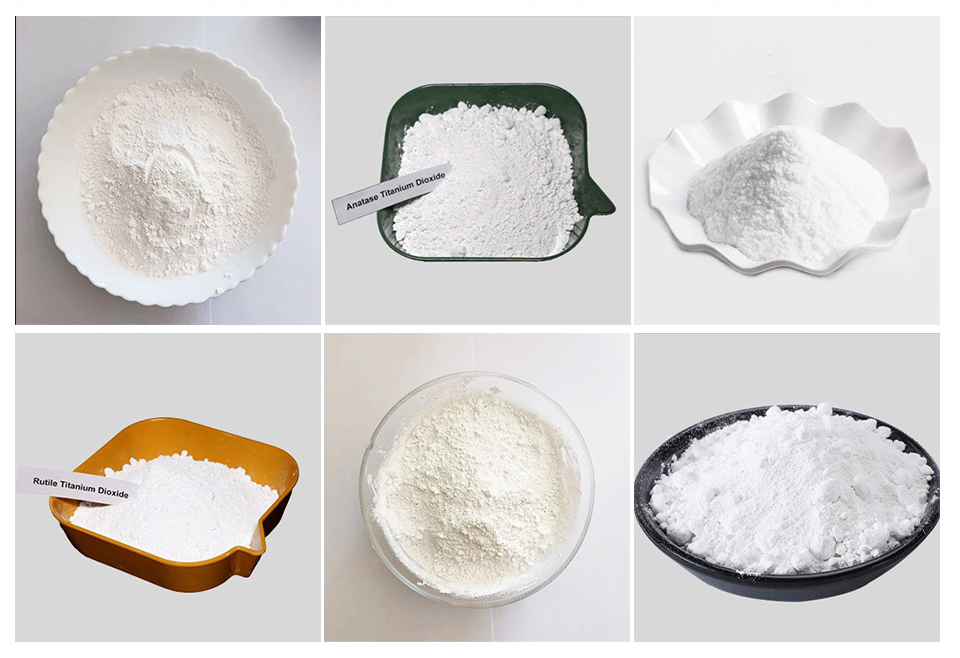
ديسمبر . 11, 2024 18:04 Back to list
inhaling titanium dioxide supplier
Understanding Titanium Dioxide Inhalation Safety, Applications, and Suppliers
Titanium dioxide (TiO2) is a widely used inorganic compound known for its exceptional properties in various industries, including paints, plastics, cosmetics, and food products. Due to its effectiveness as a white pigment, it is the most commonly used colorant worldwide. However, concerns have arisen regarding the inhalation of titanium dioxide particles, especially in occupational settings. This article explores the safety aspects, applications, and suppliers of titanium dioxide while emphasizing the importance of adhering to safety guidelines.
What is Titanium Dioxide?
Titanium dioxide is a naturally occurring mineral that is mined and processed into a fine powder. It is prized for its brightness, opacity, and UV resistance, making it a sought-after ingredient in numerous products. TiO2 is primarily used in the production of paints, coatings, plastics, paper, and cosmetics. It is also utilized in the food industry as a coloring agent and is commonly found in products like confectionery and dairy.
Health Risks of Inhalation
While titanium dioxide is generally considered safe when used in products that do not involve inhalation, inhalation of TiO2 dust can pose health risks. Inhalation of airborne particles may lead to respiratory issues and lung diseases, particularly with prolonged exposure. Studies conducted by various health organizations, including the International Agency for Research on Cancer (IARC), categorize titanium dioxide as possibly carcinogenic to humans (Group 2B) when inhaled in powder form. Thus, occupational safety and hygiene are paramount in industries where workers may be exposed to titanium dioxide dust.
Regulations and Safety Guidelines
Due to the potential risks associated with inhalation, various regulatory bodies have established guidelines to ensure worker safety. The Occupational Safety and Health Administration (OSHA) and the National Institute for Occupational Safety and Health (NIOSH) have set permissible exposure limits for TiO2 in occupational settings. Employers are urged to implement engineering controls, proper ventilation, and personal protective equipment (PPE) to minimize exposure to airborne particles.
For workers handling titanium dioxide, it is crucial to receive adequate training and understand safety protocols
. Employers should provide respiratory protection, such as masks or respirators, and ensure regular health monitoring for employees.inhaling titanium dioxide supplier

Applications of Titanium Dioxide
Despite the concerns regarding inhalation, titanium dioxide continues to be an essential component across various industries. In the coating and paint industry, its brilliant white color and excellent opacity make it the preferred choice for manufacturers. The automotive sector utilizes TiO2 in exterior coatings to enhance durability and resistance to UV radiation.
In cosmetics, titanium dioxide serves as a sunscreen agent due to its ability to block harmful UV rays. It is commonly found in foundations, powders, and sunscreens, providing protection for the skin. Additionally, food-grade titanium dioxide is utilized in food products to enhance appearance, although some countries have imposed restrictions on its use due to health concerns.
Choosing a Reliable Supplier
For businesses seeking titanium dioxide, selecting a reliable supplier is essential to ensure product quality and compliance with safety regulations. Suppliers should provide Material Safety Data Sheets (MSDS) for TiO2 products, detailing safety information and handling guidelines. It is crucial to choose suppliers who adhere to stringent quality control measures and are transparent about their sourcing and manufacturing processes.
When looking for titanium dioxide suppliers, businesses should consider those who offer environmentally friendly and sustainable products. Companies that prioritize sustainability often implement practices that minimize waste and reduce environmental impact, making them more appealing to environmentally conscious consumers.
Conclusion
Inhalation of titanium dioxide dust presents potential health risks that cannot be overlooked, especially in occupational settings. While TiO2 is an indispensable ingredient across various industries, it is vital for workers and businesses to adhere to safety guidelines and regulations to mitigate exposure. By understanding the health implications associated with inhaling titanium dioxide and selecting reliable suppliers, industries can continue to benefit from this versatile compound while ensuring the safety and well-being of their employees. As awareness grows regarding the importance of safety in handling materials like titanium dioxide, businesses can maintain a balance between productivity and health, paving the way for safer work environments.
-
High Quality China Black Iron Oxide Powder Supplier Competitive Price & Fast Delivery
NewsJul.08,2025
-
High Quality Titanium Dioxide Used in Rubber – Trusted Supplier & Factory Price
NewsJul.08,2025
-
High Purity Barium Sulfate Particle Size - Wholesale Manufacturer from China
NewsJul.07,2025
-
Premium Titanium Dioxide Lomon R-996 Supplier – Quality & Wholesale Price from China
NewsJul.07,2025
-
Top Titanium Manufacturers in China - Quality Titanium Dioxide Supplier & Production Line Solutions
NewsJul.06,2025
-
OEM Titanium White Supplier & Factory – High Purity, Consistent Quality for Industrial Use
NewsJul.06,2025
